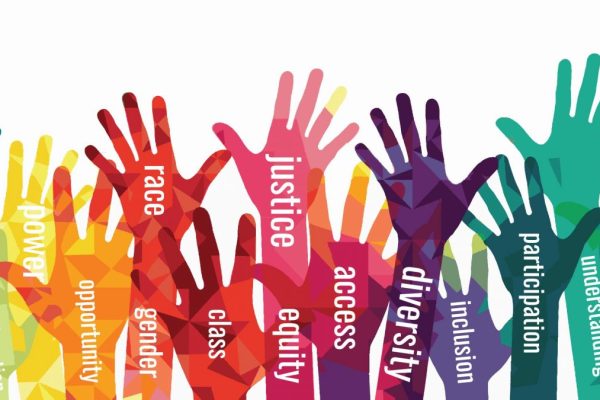How Personalized Math Lessons Can Make a Difference
In the realm of education, the approach to instrukcije matematika has evolved significantly in recent years. One of the most promising developments is the concept of personalized math lessons. This innovative approach tailors learning experiences to the individual needs and learning styles of students, aiming to enhance understanding, retention, and overall academic performance.
Personalized math instruction goes beyond traditional one-size-fits-all teaching methods. It recognizes that each student learns differently and has unique strengths and challenges when it comes to mathematics. By assessing students’ existing knowledge, learning pace, and preferred learning modalities, educators can create customized learning paths that cater specifically to each student.

Tailoring Lessons to Individual Needs
One of the key advantages of personalized math lessons is the ability to tailor the content and pace of learning to match the student’s current level of understanding. For instance, advanced students can be challenged with more complex problems and enrichment activities, while those who need more support can receive additional explanations and practice until concepts are mastered.
Enhancing Engagement and Motivation
Personalized instruction also boosts student engagement by making learning more relevant and meaningful. When students see that lessons are designed specifically for them, they are more likely to stay motivated and take ownership of their learning. This approach fosters a positive attitude towards math, turning what can be a daunting subject for some into a rewarding and enjoyable learning experience.
Data-Driven Insights for Continuous Improvement
Another significant benefit of personalized math instruction is its reliance on data-driven insights. Educators can continuously adjust and refine teaching strategies through ongoing assessment and analysis of student performance. This data not only helps in identifying areas where students may be struggling but also highlights their progress and areas of strength.
Promoting Long-Term Retention and Application
Personalized math lessons promote long-term retention of mathematical concepts by focusing on deep understanding rather than rote memorization. Students are encouraged to apply what they learn in real-world contexts, fostering critical thinking and problem-solving skills that are essential beyond the classroom.
Embracing Diversity in Learning Styles
Every student learns differently, and personalized math instruction embraces this diversity. Whether through visual aids, hands-on activities, or interactive technology, educators can cater to various learning styles, ensuring that all students have the opportunity to succeed in math.

Building Confidence and Independence
Finally, personalized math instruction plays a crucial role in building students’ confidence and independence. As they experience success through tailored lessons, students become more confident in their abilities to tackle mathematical challenges independently, setting a strong foundation for future academic and professional endeavors.
In conclusion, personalized math lessons represent a transformative approach to education, offering tailored learning experiences that enhance understanding, engagement, and long-term retention. By embracing the uniqueness of each student and leveraging data-driven insights, educators can empower students to excel in mathematics and beyond.




